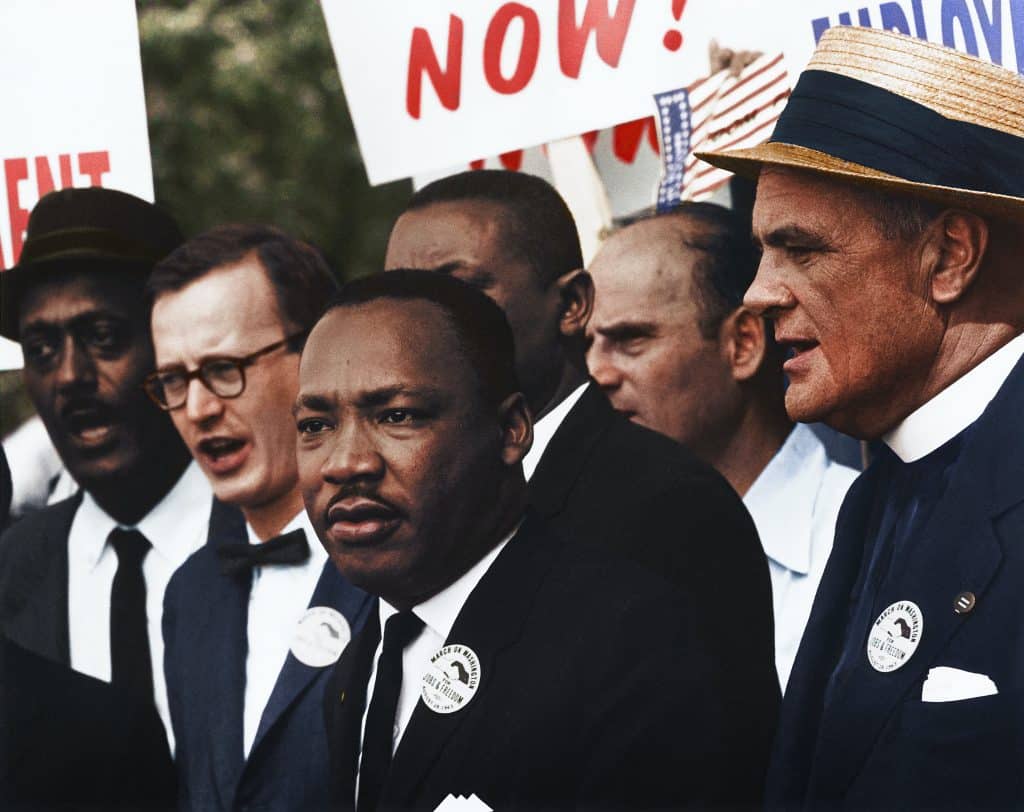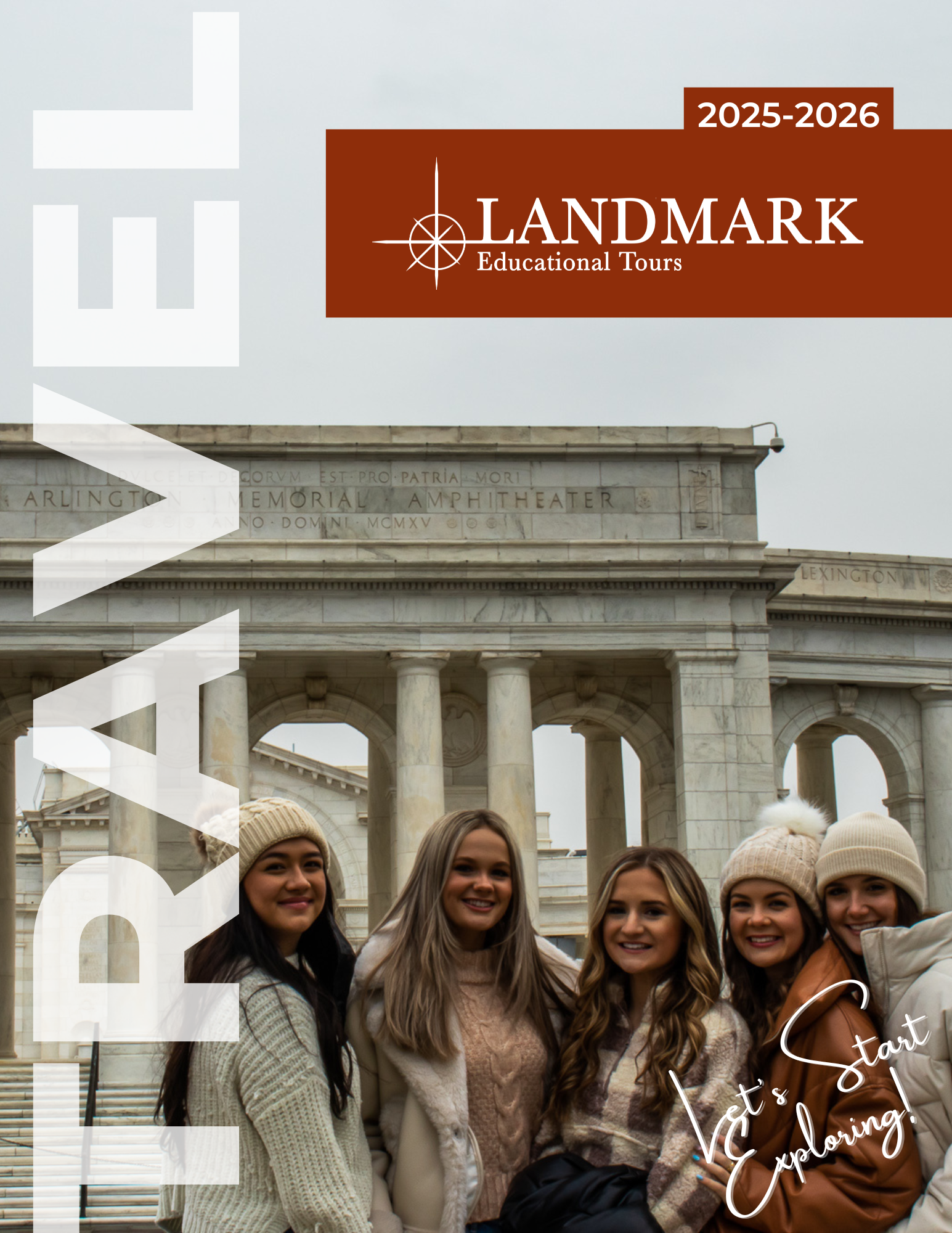Martin Luther King Jr.

Born on January 15, 1929, in Atlanta, Georgia, Martin Luther King Jr. emerged as a pivotal leader in the Civil Rights Movement during a tumultuous period of racial segregation and systemic discrimination. His journey from a young pastor to a national symbol of freedom and justice is a narrative that unfolds against the backdrop of a nation at a crossroads.
Early Years and Education
King’s early years were influenced by the rich cultural heritage of his family. His father, Martin Luther King Sr., was a Baptist minister, and his mother, Alberta Williams King, was a former schoolteacher. Growing up in the racially segregated South, King experienced firsthand the harsh realities of racial prejudice, shaping his worldview and fostering a desire for change.
Intellectually gifted, King entered Morehouse College at the age of 15, immersing himself in the study of theology and philosophy. The intellectual environment of Morehouse provided a fertile ground for King’s burgeoning ideas about justice, equality, and the role of nonviolent resistance in achieving social change.
Theological Foundations
King’s theological studies at Crozer Theological Seminary and later at Boston University solidified his commitment to the principles of Christian love, justice, and the transformative power of nonviolence. Influenced by the teachings of Mahatma Gandhi and his philosophy of nonviolent resistance, King saw a path forward in confronting racial injustice without succumbing to hatred and violence.
The yearning for justice and a deep sense of moral obligation became the driving forces behind King’s decision to enter the ministry. In 1955, at the age of 26, he found himself thrust into the forefront of the burgeoning Civil Rights Movement.
Montgomery Bus Boycott
The catalyst for King’s prominent role in the Civil Rights Movement came in the form of the Montgomery Bus Boycott. In December 1955, Rosa Parks, an African American woman, refused to give up her seat to a white man on a Montgomery bus, sparking a citywide boycott of the bus system by the African American community.
Elected to lead the Montgomery Improvement Association, King emerged as the spokesperson for the boycott. His eloquent speeches and commitment to nonviolent resistance galvanized the community, leading to a Supreme Court ruling that declared segregated buses unconstitutional. The success of the Montgomery Bus Boycott marked a significant early victory for the Civil Rights Movement and catapulted King onto the national stage.
Southern Christian Leadership Conference (SCLC)
In 1957, King, along with other Civil Rights leaders, founded the Southern Christian Leadership Conference (SCLC). The organization aimed to harness the collective power of Black churches and communities to advocate for civil rights through nonviolent protest. King’s role as the SCLC’s first president solidified his position as a national leader.
Under King’s guidance, the SCLC orchestrated a series of campaigns and protests across the South, advocating for desegregation, voting rights, and an end to racial discrimination. Notable among these efforts was the Albany Movement in Georgia, the Birmingham Campaign, and the March on Washington for Jobs and Freedom in 1963.
“I Have a Dream”
The pinnacle of King’s activism came during the March on Washington on August 28, 1963. Standing on the steps of the Lincoln Memorial, King delivered his iconic “I Have a Dream” speech to a crowd of over 250,000 people. In this seminal address, he articulated a vision of a racially integrated and harmonious America, where individuals would be judged by their character rather than the color of their skin.
The resonating words of “I Have a Dream” transcended the immediate struggle for civil rights, becoming a rallying cry for equality and justice. King’s ability to articulate a shared vision for a better America elevated him to the status of a moral leader and a symbol of hope for millions.
Nobel Peace Prize and Beyond
In 1964, at the age of 35, Martin Luther King Jr. became the youngest recipient of the Nobel Peace Prize for his role in leading nonviolent resistance to racial prejudice in the United States. The award recognized his efforts to combat racial inequality through peaceful means, marking a pivotal moment in the global acknowledgment of the Civil Rights Movement.
While the Nobel Peace Prize brought international acclaim, King faced increasing challenges and resistance at home. The struggle for voting rights in Selma, Alabama, and the push for economic justice through the Poor People’s Campaign in 1968 exemplified the evolving nature of the Civil Rights Movement under King’s leadership.
Legacy and Assassination
Tragically, on April 4, 1968, the world lost Martin Luther King Jr. to an assassin’s bullet while he stood on the balcony of the Lorraine Motel in Memphis, Tennessee. His untimely death marked a profound loss for the Civil Rights Movement, leaving a void that resonated far beyond the borders of the United States.
King’s legacy, however, endured. His principles of nonviolent resistance, equality, and justice continued to inspire new generations of activists and leaders. The Civil Rights Act of 1964 and the Voting Rights Act of 1965, both monumental achievements for the movement, were tangible results of King’s advocacy.
Continuing the Dream
In the years following King’s death, the struggle for civil rights persisted, and his influence extended beyond the borders of the United States. A national holiday, Martin Luther King Jr. Day, was established in his honor, becoming a day of reflection, service, and commitment to the principles he championed.
The legacy of Martin Luther King Jr. remains woven into the fabric of the American story. His teachings on justice, equality, and nonviolent resistance continue to reverberate in the ongoing pursuit of civil rights and social justice. As the nation grapples with new challenges, King’s words and deeds serve as a timeless guidepost, urging individuals to confront injustice with courage, love, and a commitment to the dream of a more just and equitable society.


